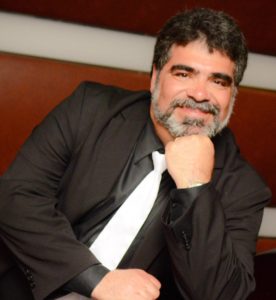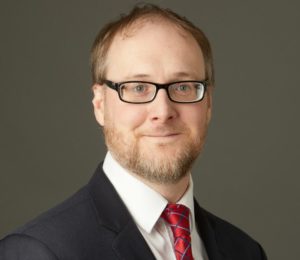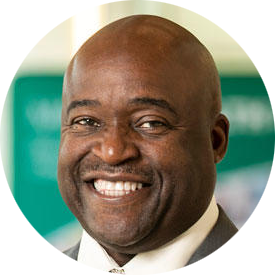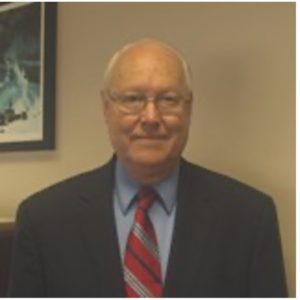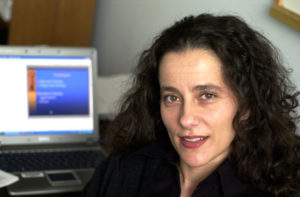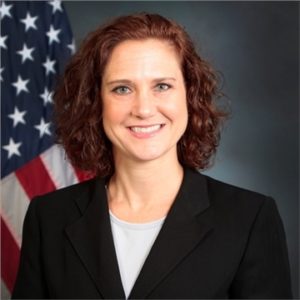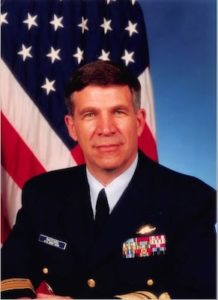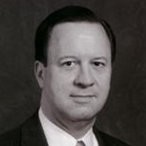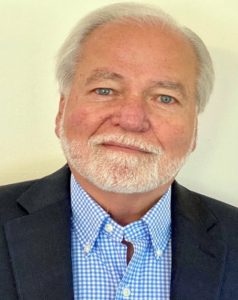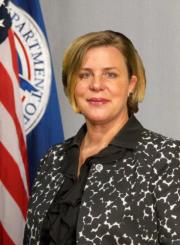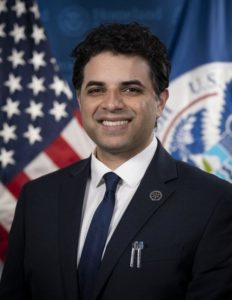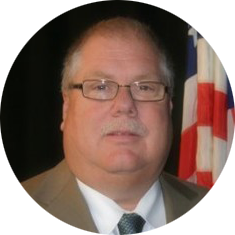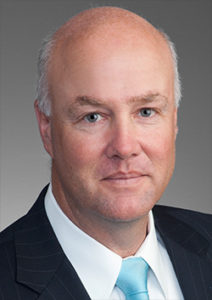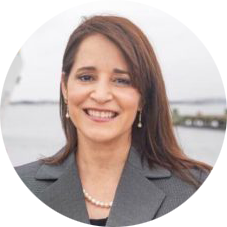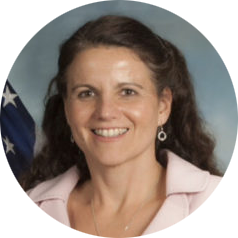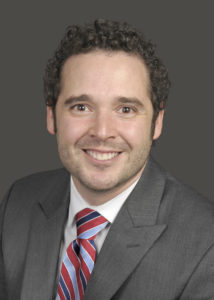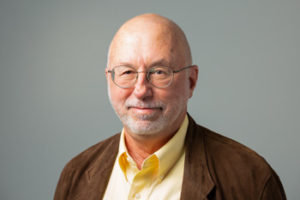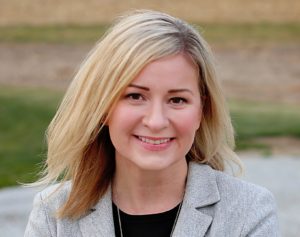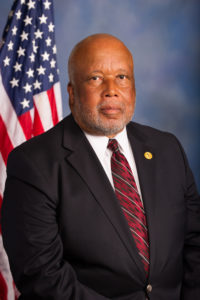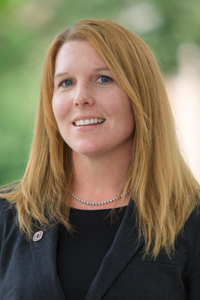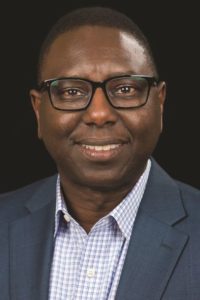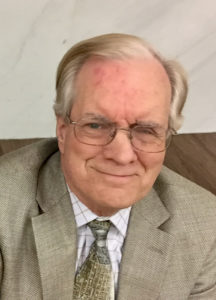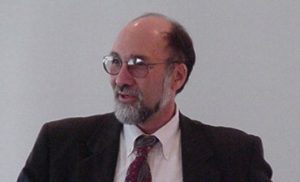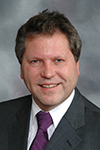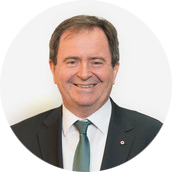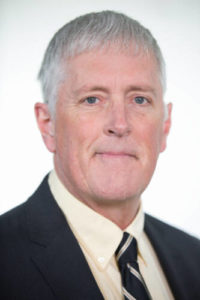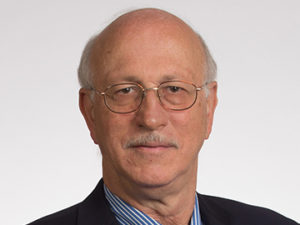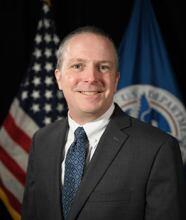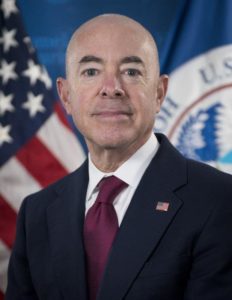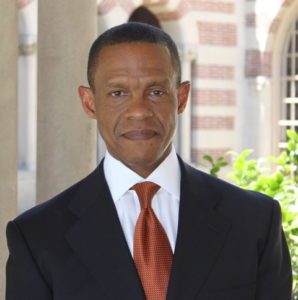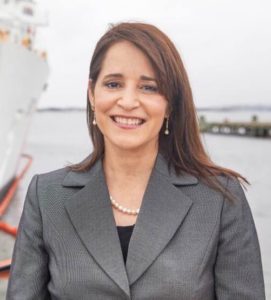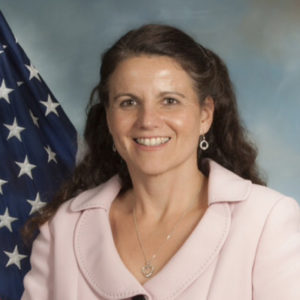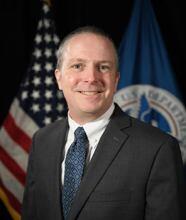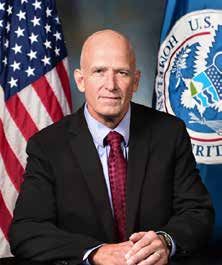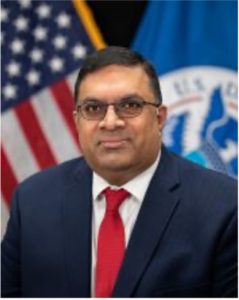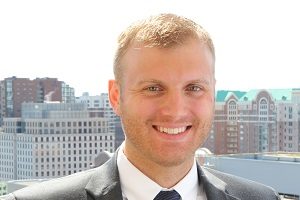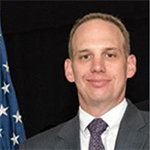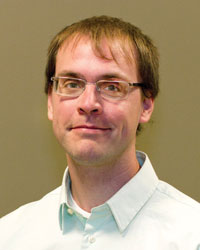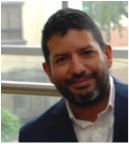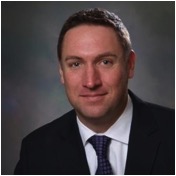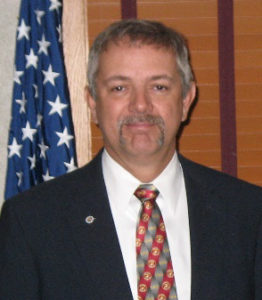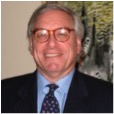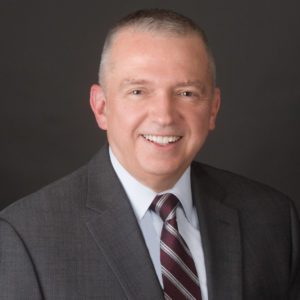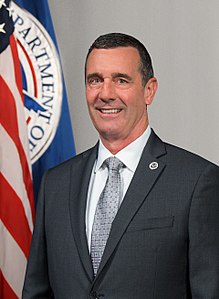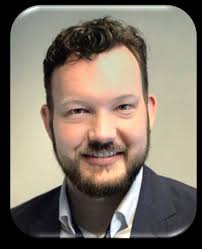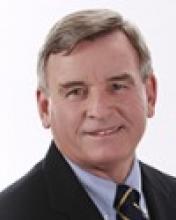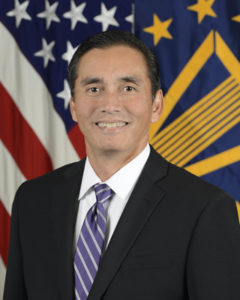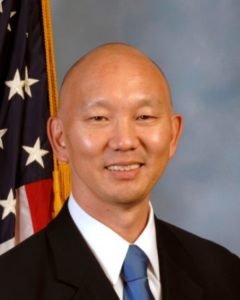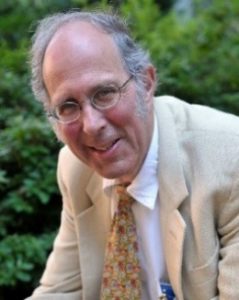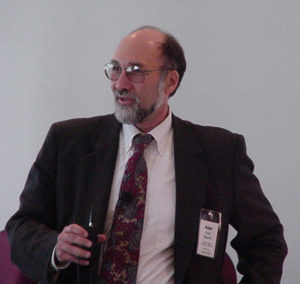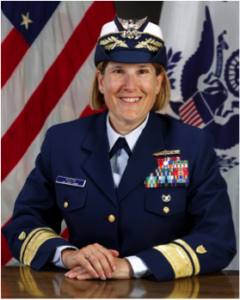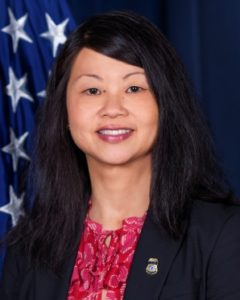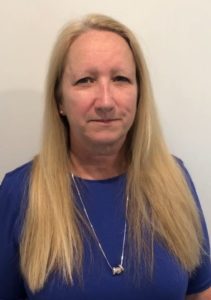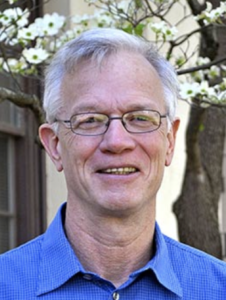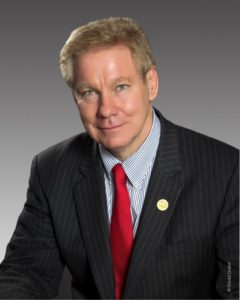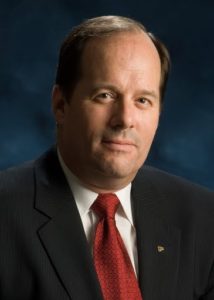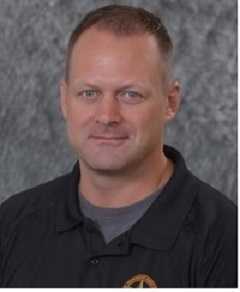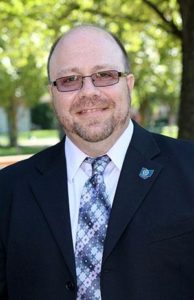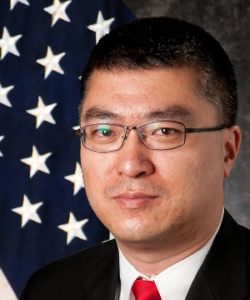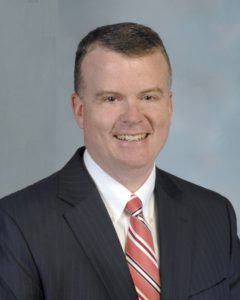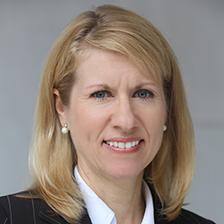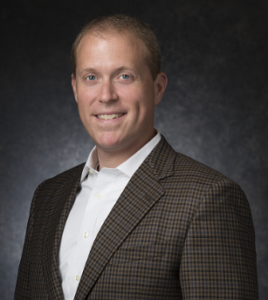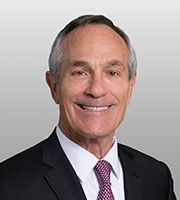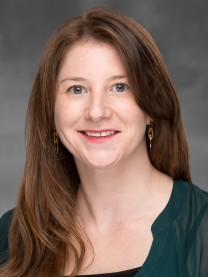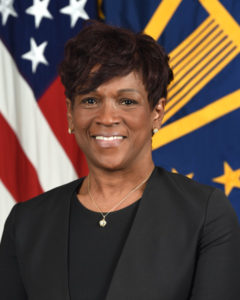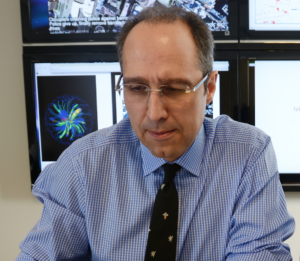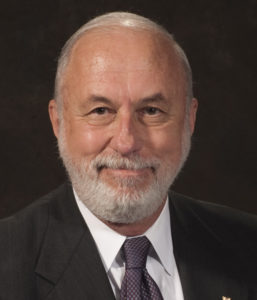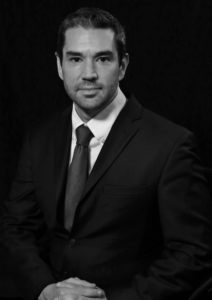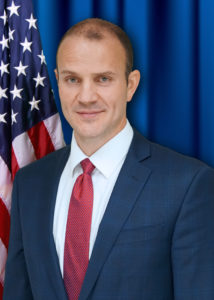Attendees can register to attend all or a portion of the following agenda at no cost. Session links will only be shared with those who specifically select these sessions in the registration process or within the virtual event platform in the weeks leading up to the actual event.
Wednesday, May 19, 2021 (all times are EST)
- Welcome Remarks
- Dr. Jim Jones, Director, Criminal Investigations and Network Analysis Center (CINA), George Mason University
- Introduction:
- Dr. Gregory Washington, President, George Mason University
- Keynote Speaker:
- Alejandro Mayorkas, Secretary of the Department of Homeland Secretary
- Dr. Pritesh Gandhi, Chief Medical Officer, Department of Homeland Security
- John S.Verrico, Chief of Media & Community Relations, Science & Technology Directorate, U.S. Department of Homeland Security
- Moderator:
- Stu Mackenzie, Science Manager, Criminal Investigations and Network Analysis Center (CINA), George Mason University
- Panelists:
- Thomas J. Walters, Director, FLETC
- Nitin Natarajan, Deputy Director, CISA
- Rear Admiral Christopher J. Tomney (ret.), Director, Office of Operations Coordination
- Nancy Nykamp, Intelligence and Analysis Assistant Administrator, Transportation Security Administration
- Moderator:
- Ross Maciejewski, Executive Director, The Center for Accelerating Operational Efficiency (CAOE)
- Panelists:
- Dr. Peter Dixon, Centre of Policy Studies, Victoria University, Australia
- Adam Rose, Director, Center for Risk and Economic Analysis of Terrorism Events (CREATE)
- Dr. Aaron Strong, RAND Corporation
- Dr. Patrick Westhoff, Director, Food and Agriculture Policy Research Institute (FPDI)
- Moderator:
- Michael Silevitch, Director, ALERT (Awareness and Localization of Explosives-Related Threats) Center of Excellence
- Panelists:
- Joseph Downing, Senior Advisor, John Adams Innovation Institute, Massachusetts Technology Collaborative
- Andrew Morrow, Technology Licensing Officer, University of Minnesota
- Rear Admiral George Naccara, USCG (Ret.)
- Moderator:
- Maj Gen Randy “Church” Kee, Executive Director, Arctic Domain Awareness Center (ADAC) at the University of Alaska
- Panelists:
- SES Mike Emerson, (CAPT, USCG Ret), Director USCG Maritime Transportation Systems
- Mike Edgerton, Port Security Manager, NY/NJ Port Authority
- Marcus Woodring, Chief Public Safety and Emergency Operations Officer, Port of Houston
- Ryhner Washburn, Cyber Intelligence Researcher, START, University of Maryland
- William Burket Jr., Director, MIRT & Emergency Operations, Port of Virginia
- Moderator:
- Dr. Jim Jones, Director, Criminal Investigations and Network Analysis Center (CINA), George Mason University
- Panelists:
- Dr. Carlotta Domeniconi, Associate Professor, Department of Computer Science, George Mason University
- Rich Takacs, Analytics Manager, Accenture Federal Services
- Dr. Barnett S. Koven, Training Director, Near-peer Competition Lead Researcher, Counterterrorism Lead Researcher, National Consortium for the Study of Terrorism and Responses to Terrorism (START)
Thursday, May 20, 2021 (all times are EST)
- Moderators:
- Dr. Juergen Richt, Director, Center of Excellence for Emerging and Zoonotic Animal Diseases (CEEZAD)
- Dr. Fred S. Roberts, Distinguished Professor Mathematics, Director of CCICADA, Emeritus Director of DIMACS Organization, Rutgers University
- Panelists:
- Dr. John Tamerius, Senior Vice President, Strategic & External Affairs, Quidel Corporation
- Dr. Sumit Chanda, Director and Professor, Immunity and Pathogenesis Program, Infectious and Inflammatory Diseases Center, Sanford Burnham Prebys Medical Discovery Institute
- Dr. Florian Krammer, Professor, Microbiology, Icahn School of Medicine Mount Sinai (MSSM)
- Dr. Leslie M. Kantor, Professor and Chair Department of Urban-Global Public Health, Rutgers University School of Public Health
- Moderator:
- Greg Simmons, Program Manager for Minority Serving Institutions and Workforce Development, Office of University Programs, Department of Homeland Security
- Panelists:
- Dr. Richard G. Donnelly, Chair, Department of Information Systems and Technology Management, School of Business, The George Washington University
- Dr. Michelle Black, Assistant Professor, Department of Political Science University of Nebraska, Omaha
- Dr. Dan McCarville, Professor of Practice, CAOE
- Welcome Introduction:
- Dr. Robert W. Whalin, Professor of Civil Engineering, College of Science, Engineering, and Technology, Jackson State University, Education Director, Coastal Resilience Center of Excellence
- Speakers:
- Congressman Bennie G. Thompson, Chair, House Homeland Security Committee
- Moderator:
- Beth DeFares, Director of Education and Outreach, Maritime Security Center (MSC)
- Poster Competition Winners and TTX Participants
- Moderator:
- Xavier Higgs, Publisher and Editor at First Source Magazine and Documentary Producer
- Speaker:
- Dr. Erroll G. Southers, Director, Safe Communities Institute Director of Homegrown Violent Extremism Studies
- Moderator:
- Dr. Gina Scott Ligon, Professor and Director, National Counterterrorism Innovation, Technology, & Education (NCITE) DHS Center of Excellence
- Panelists:
- Dr. Erin Miller, Assistant Research Scientist, National Consortium for the Study of Terrorism and Responses to Terrorism (START)
- Paige Schilling, Intelligence Operations Specialist, Office of Intelligence and Analysis, Department of Homeland Security
- Dr. Erin Pleggenkuhle-Miles, Associate Professor, University of Nebraska at Omaha
- Salina Greene, Regional Prevention Coordinator, Office for Targeted Violence & Terrorism Prevention (OTVTP), Department of Homeland Security
- Sally Yoomin Kim, Management and Program Analyst (MPA) in Strategic Engagement, Office for Targeted Violence & Terrorism Prevention (OTVTP), Department of Homeland Security
- Moderator:
- Thomas Richardson, Executive Director, Coastal Resilience Center, Jackson State University
- Panelists:
- Joseph DeAngelis, Senior Research Associate, American Planning Association
- George Thompson, Analytic Services, Inc.
- Russell Hodge, USCG Sector Corpus Christi
- Karthik Balasubramanian, President, Karthik Consulting
- Moderator:
- Dr. Beth White, Education Program Manager, Oak Ridge Institute for Science and Education
- Panelists:
- Wendy Walsh, Acting Chief Learning Officer, Federal Emergency Management Agency (FEMA)
- Dr. Gladys Brignoni, Chief Learning Officer, United States Coast Guard
- Kimberly Hutchinson, Chief Learning Officer, Transportation Security Administration
- Clothilda Taylor, DHS Chief Learning and Engagement Officer; Executive Director, Strategic Learning, Development, and Engagement; Office of the Chief Human Capital Officer
- Leann Pask, Assistant Director, Human Performance Branch, Field Operations Academy, Office of Training and Development, U.S. Customs & Border Protection
- Introduction:
- Stu Mackenzie, Science Manager, Criminal Investigations and Network Analysis Center (CINA), George Mason University
- DHS Keynote:
- Rebecca Medina, Director, Office of University Programs at DHS Science and Technology Directorate

